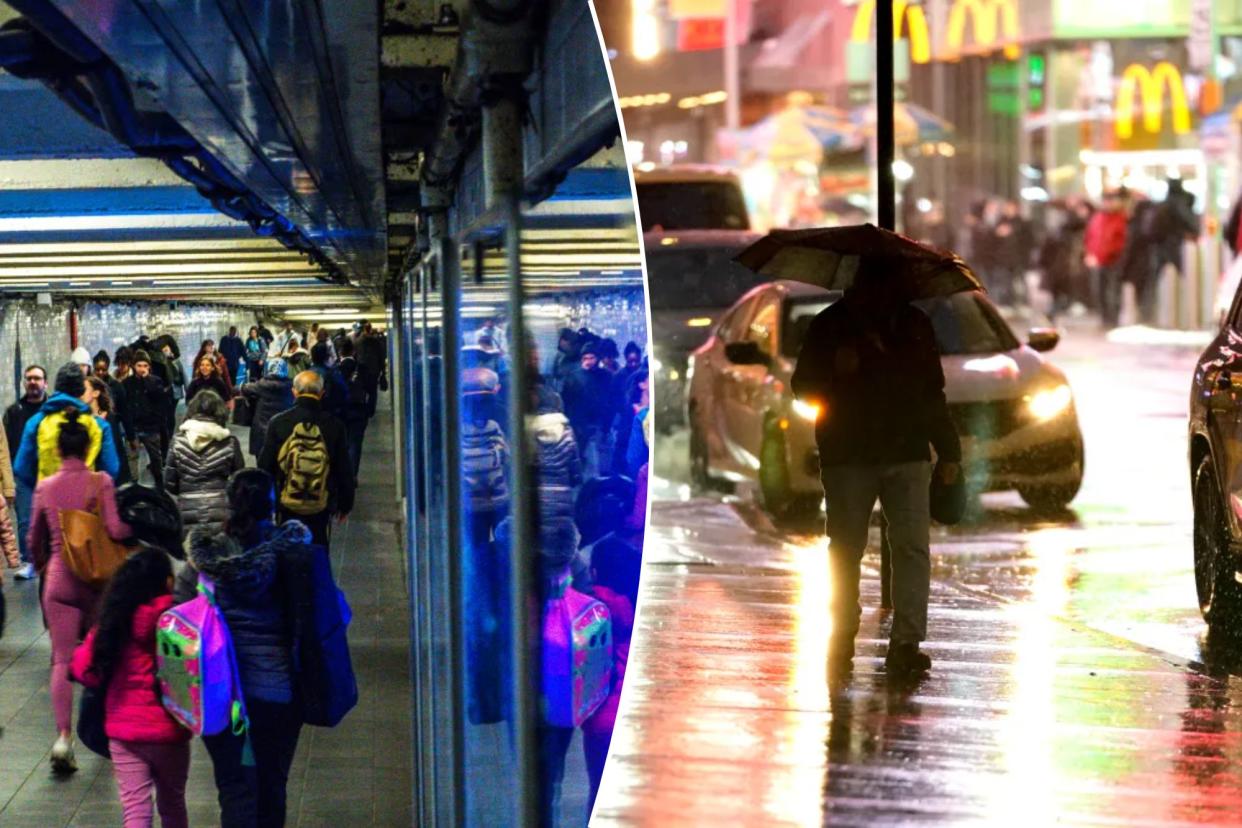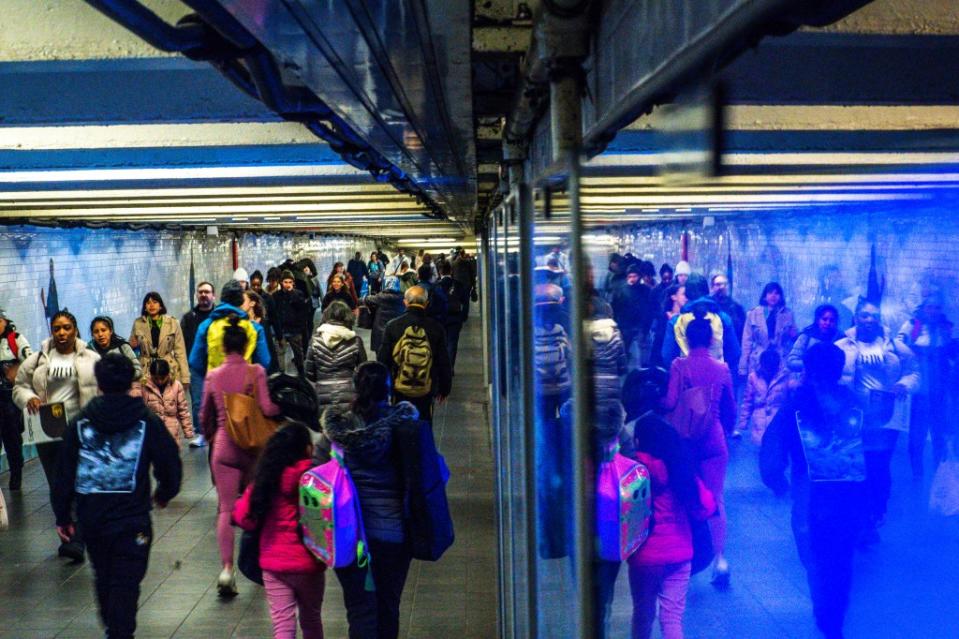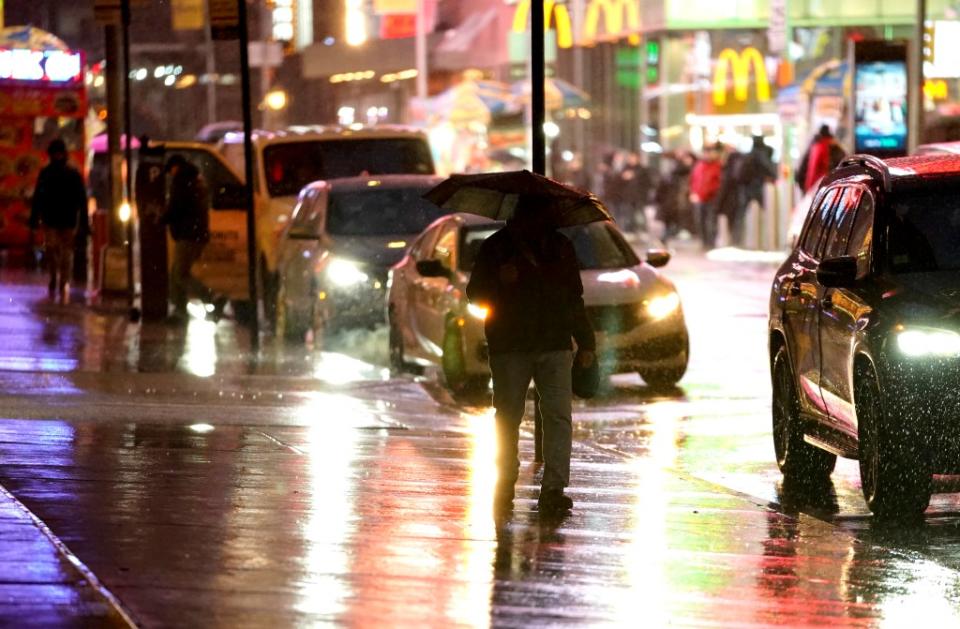Bright outdoor lights at night could increase stroke risk, new study warns

Continuous exposure to artificial light at nighttime can put people at an increased risk of stroke, new research warns.
“We advise people, especially those living in urban areas, to consider reducing that exposure to protect themselves from its potential harmful impact,” said study author Jian-Bing Wang, whose work was published Monday in the scientific journal Stroke.
“Despite significant advances in reducing traditional cardiovascular risk factors such as smoking, obesity and Type 2 diabetes, it is important to consider environmental factors in our efforts to decrease the global burden of cardiovascular disease,” Wang added in his statement.

Researchers evaluated 28,302 adults living in the densely populated city of Ningbo, China, from 2015 to 2018.
They found that those with the highest levels of nighttime light exposure had a 43% higher risk of developing cerebrovascular disease, which includes ischemic stroke (caused by a blocked artery in the brain) and hemorrhagic stroke (bleeding).
Over the six-year follow-up period, 1,278 participants developed cerebrovascular disease, including 910 who had a stroke.
Exposure to high levels of pollution was another notable factor, with those who often encountered emissions from the combustion of gasoline, oil, diesel fuel or wood facing a 41% increased risk of cerebrovascular disease.
The researchers caution that artificial light sources like LEDs or fluorescents can disrupt and suppress the production of melatonin, a natural hormone that helps the body sleep.

Over time, a lack of melatonin can disrupt the body’s 24-hour biological clock and long-term sleep patterns.
The study’s authors say that those who have chronic sleep problems are most at risk for poor cardiovascular health.
“We need to develop more effective policies and prevention strategies to reduce the burden of disease from environmental factors such as light as well as air pollution, particularly for people living in the most densely populated, polluted areas around the world,” Wang said.
Wang acknowledged “several” study limitations, including a lack of data on indoor lighting tools and window treatments used by participants, who were only from one city in China.

